Doro Wat (Spicy Ethiopian Chicken Stew)
This post may contain affiliate links. See my disclosure policy.
There is a reason why Doro Wat is the national dish of Ethiopia and one of the most famous of all African dishes – it’s fabulous! This authentic Doro Wat recipe captures the very best of Ethiopian cooking!
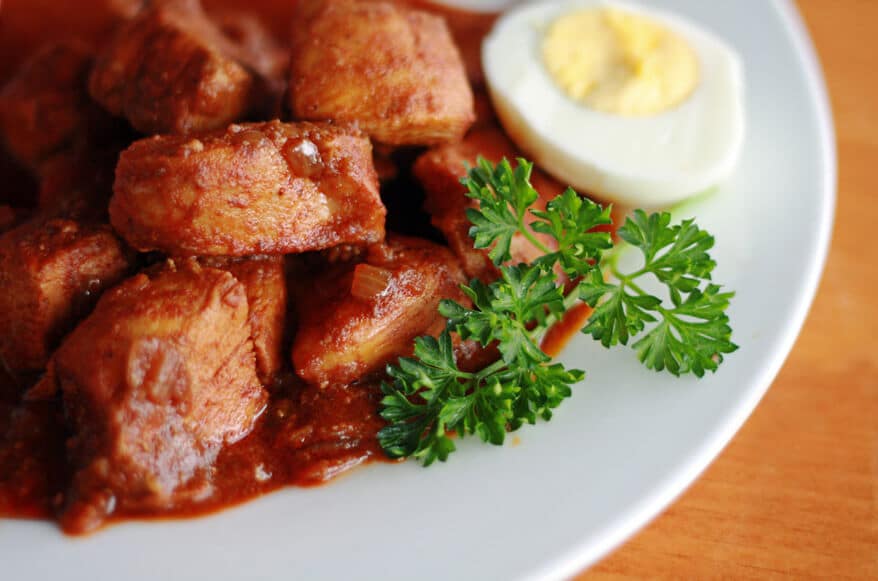
Doro Wat is one of the most famous of all African dishes. You will find it in every Ethiopian restaurant and virtually anyone who is familiar with African cuisine will have heard of it. Another version, though not as commonly known here, is Sega Wat, made with beef (fyi, you’ll find recipes online calling it Sik Sik Wat, but I’ve confirmed with the chefs of several Ethiopian restaurants that it’s Sega Wat). You can directly substitute beef for chicken and follow the same cooking instructions.
Doro Wat is traditionally made very spicy. Super spicy. Like I-don’t-know-how-Ethiopians-have-any-taste-buds-left spicy. Western adaptations are still spicy, but quite tame compared to the real deal.
This recipe for Doro Wat comes by way of request from Jared (Make a Request!). He said he has been trying for several years to find a good recipe. Jared, this recipe is both authentic and delicious – I think you’ll be very happy with it!
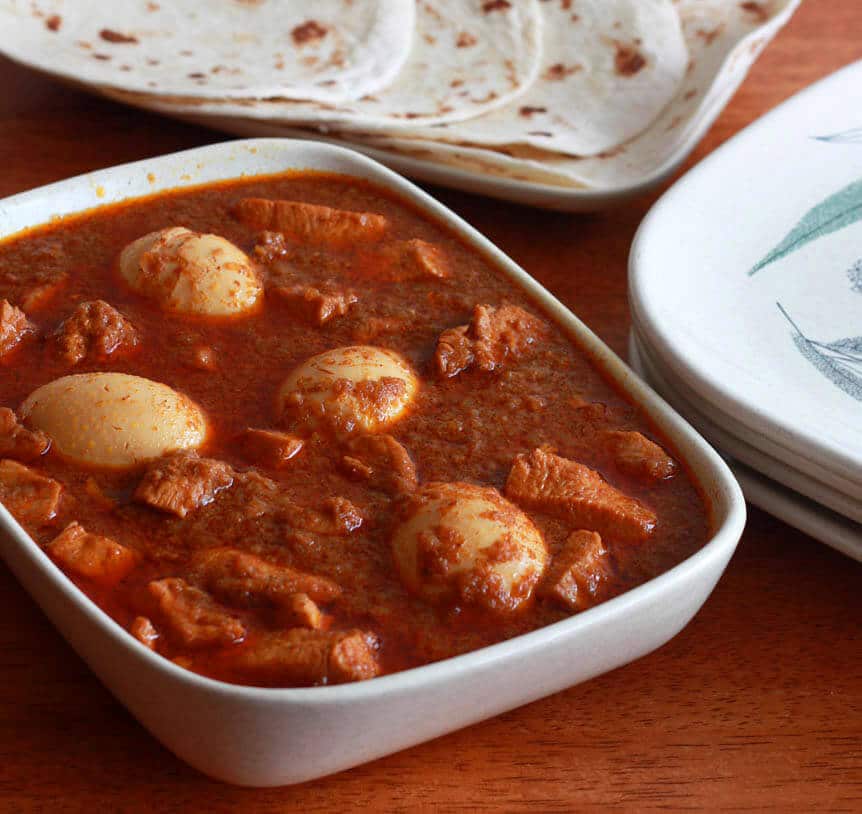
Traditionally Doro Wat is served with an Ethiopian flatbread called injera. It’s kind of a spongy pancake made with teff flour (a grain indigenous to the area), and the batter is left to ferment for up to 4 days before its used. The injera is used in place of an eating utensil and is used to scoop up the chicken stew.
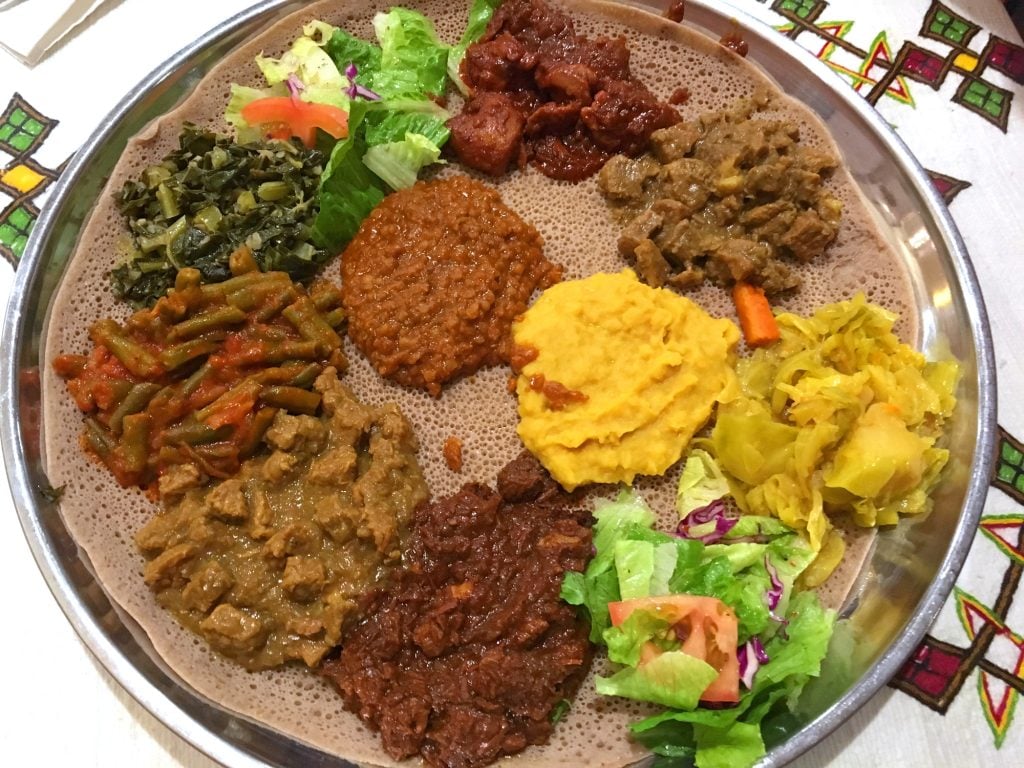
Doro Wat Key Ingredients
The key to authentic, great-tasting Doro Wat is good quality, flavorful berbere, and a very long cooking process. It can take several hours for an Ethiopian to make Doro Wat. You can cut back on the cooking time and your Doro Wat will still taste good, but it won’t taste like it’s supposed to. The magic is in the slow-cooked onions. And it takes time for the magic to happen.
A central ingredient of Doro Wat is Berbere, a fiery, bright red and flavorful Ethiopian spice blend. It is best made fresh using whole spices that are toasted and ground for maximum flavor. A combination of whole and ground spices are used as seen in the picture below.
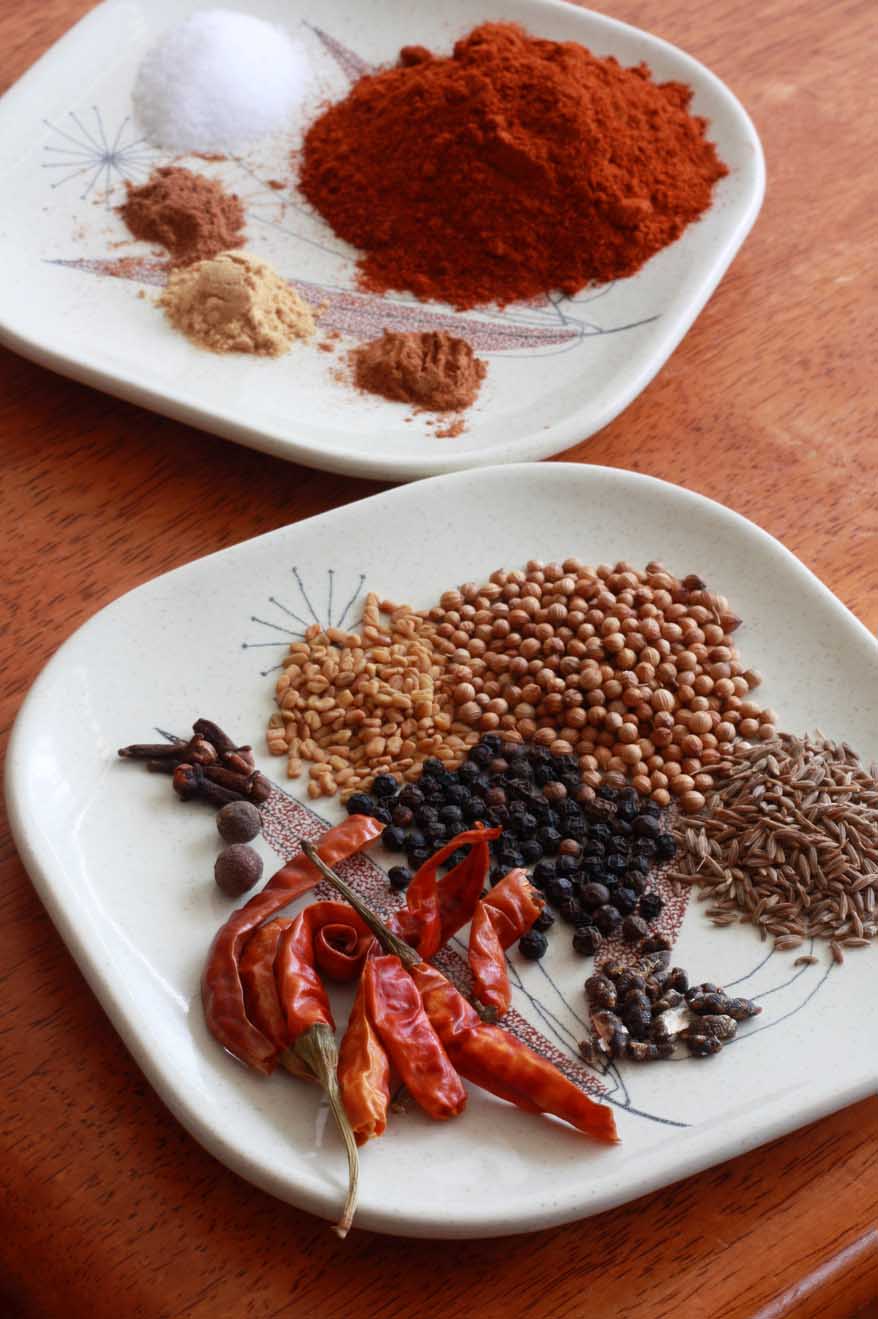
The whole spices are toasted and ground up with the already ground spices to make a beautiful, aromatic, flavorful and spicy seasoning blend.
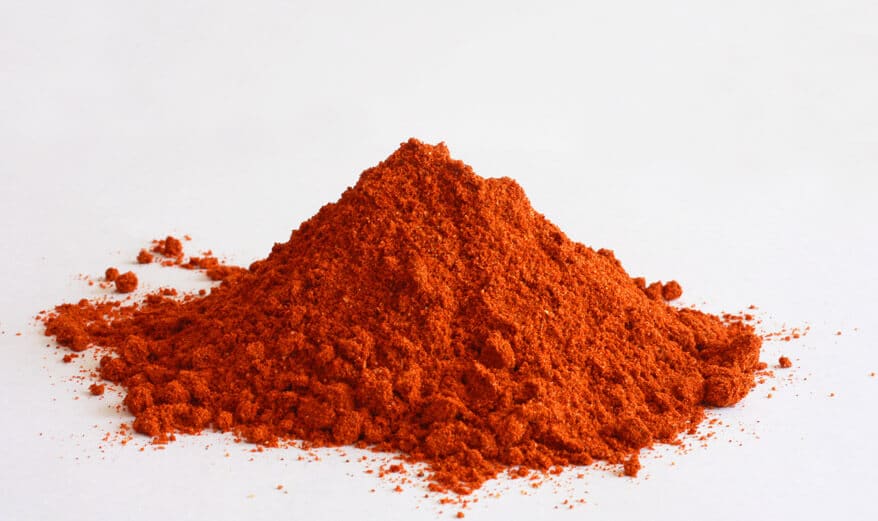
Purchasing these spices will serve you well as each of them are commonly used in a large variety of other cuisines. Stored in airtight glass jars in a dark place, they will keep a very long time. If you’d rather purchase berbere, you can find it online. You need 1/4-1/3 cup for this recipe alone, so forget the tiny 2-3 oz jars of it you usually find for sale. The best deal I’ve found for bulk berbere (and it also happens to be organic and a reputable brand) can be found HERE.
Berbere makes a great rub for meat, poultry, and fish, as well as a seasoning for stews, soups, and vegetables. It’s a great all-purpose spice, so you’ll be able to make good use of this bulk package if you decide to buy versus make your own.
Another key ingredient in Doro Wat and Ethiopian cooking at large is niter kibbeh, a seasoned clarified butter. You can find it in Indian grocery stores and well-stocked Asian markets, but as always I strongly recommend making your own for the best flavor. Check out my recipe for homemade Niter Kibbeh!
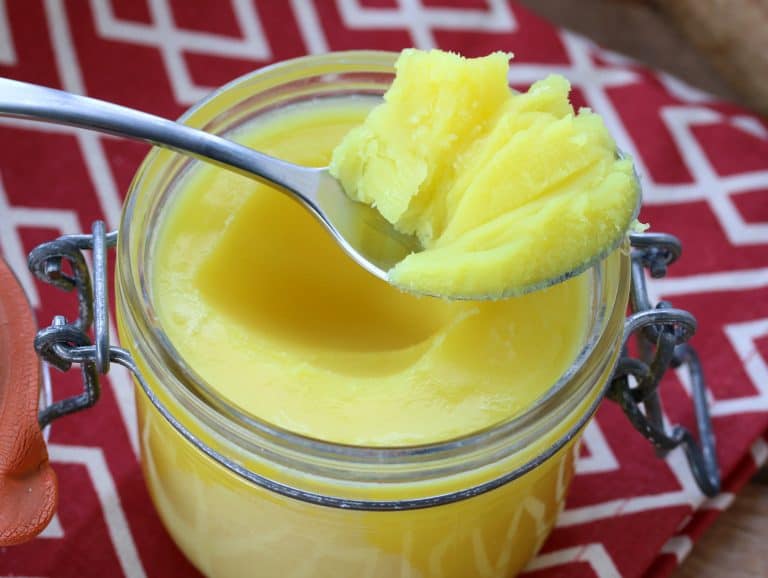
Doro Wat Recipe
Let’s get started!
Use a food processor to very finely mince the onion – you want an almost chunky puree.
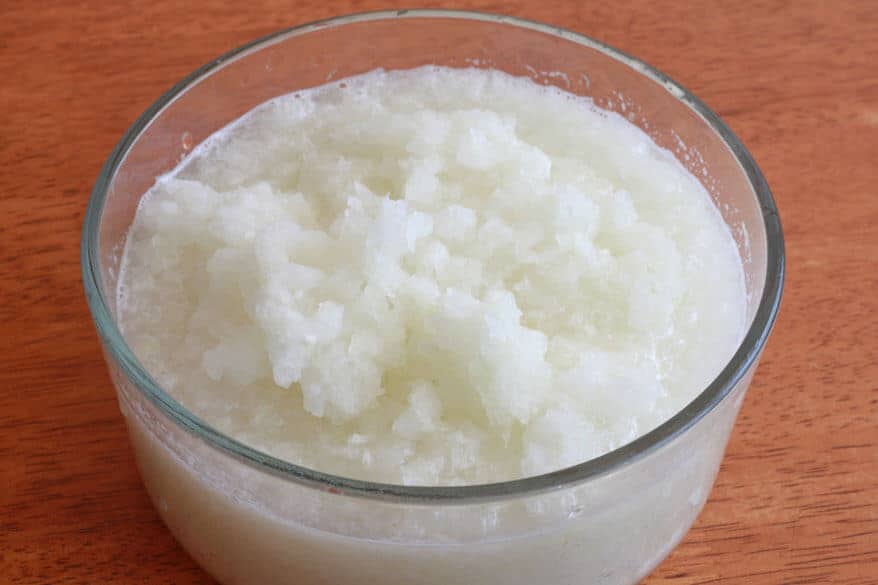
Heat 2 tablespoons of oil and 2 tablespoons of niter kibbeh in a Dutch oven and saute the onion, covered, over low heat for 45 minutes, stirring occasionally. Add more niter kibbeh if it gets too dry.
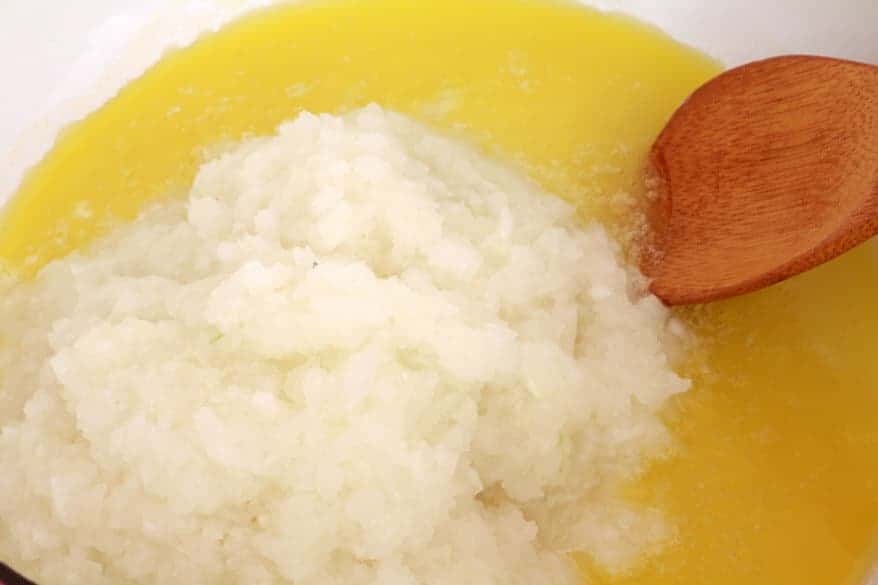
In the meantime, finely mince the garlic and ginger.
Add the garlic, ginger, and 1 tablespoon of butter. Continue to saute, covered, over low heat for another 20 minutes, stirring occasionally.
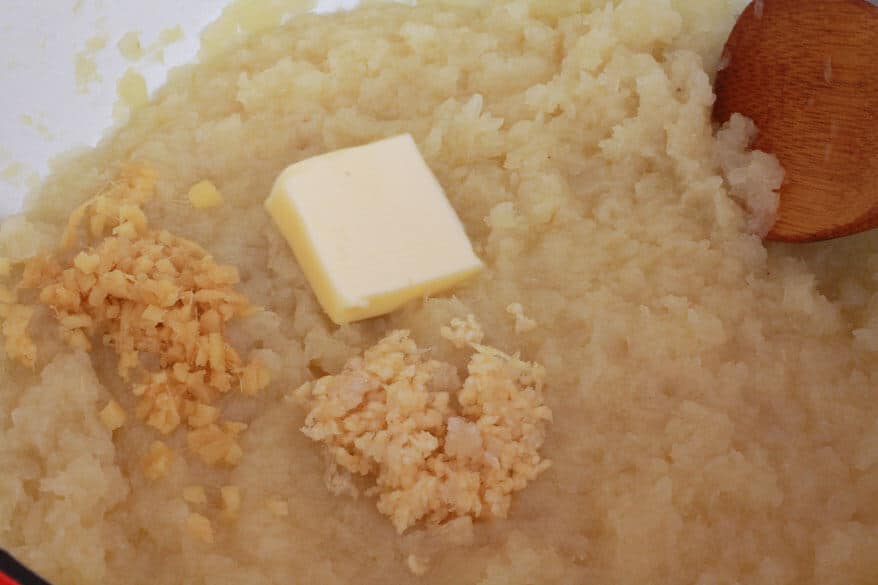
Add 4 tablespoons of berbere and 2 teaspoons salt and stir to combine.
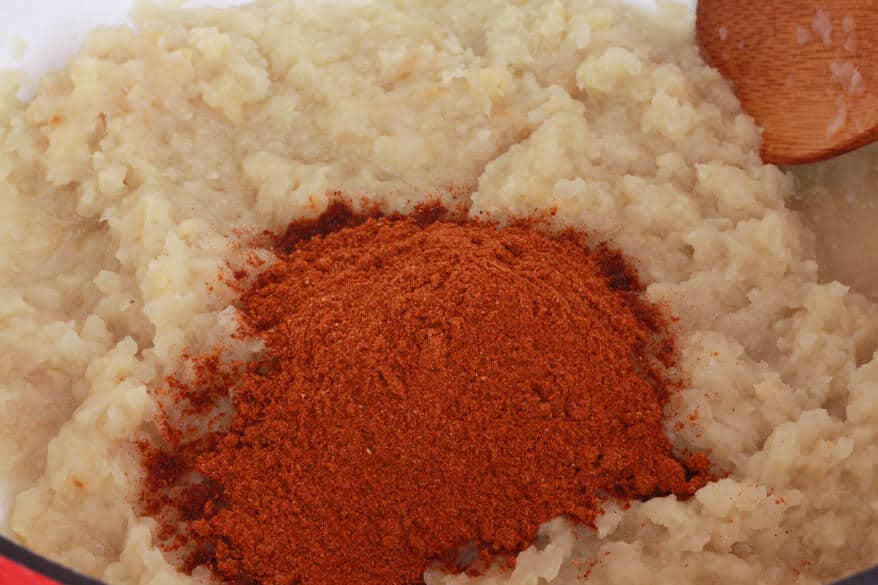
Add 2 tablespoons of butter, cover, and simmer over low heat for another 30 minutes, stirring occasionally.
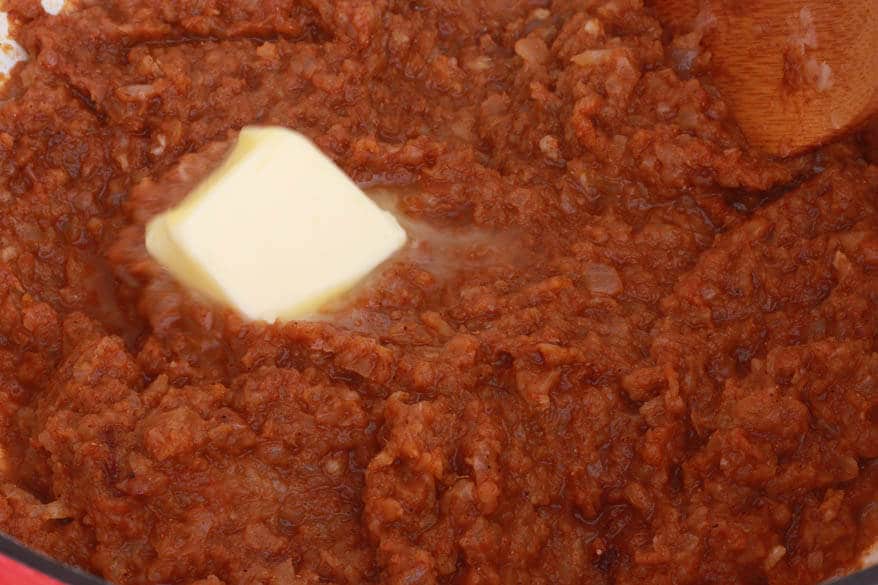
After 30 minutes you’ll have a rich and luscious sauce that’s ready for the chicken!
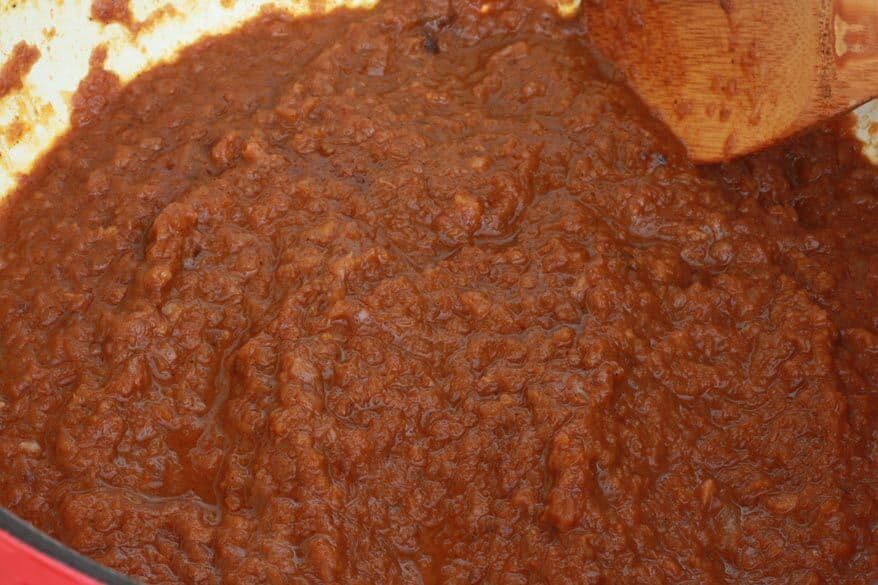
Traditionally, bone-in, skin-on chicken pieces are used. You can either use chicken thighs, cut into 1 inch chunks, or use boneless chicken breast. I used breast this time. Cut the breast into small, 1/2 inch chunks. Place the chunks in a dish with 2 tablespoons lemon juice and let sit at least 15 minutes.
Add the chicken to the sauce.
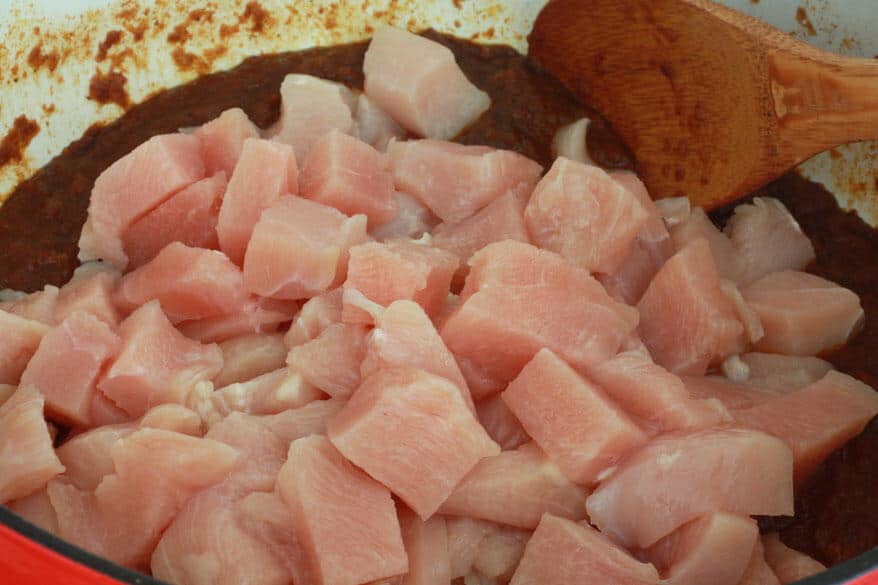
Traditionally, Tej is used, an Ethiopian honey wine. If you have access to it, use it. Alternatively you can substitute white wine with a teaspoon of honey.
Add the chicken stock, salt and honey wine to the mixture. Bring to a boil, reduce the heat to low, cover, and simmer for 45 minutes, stirring occasionally.
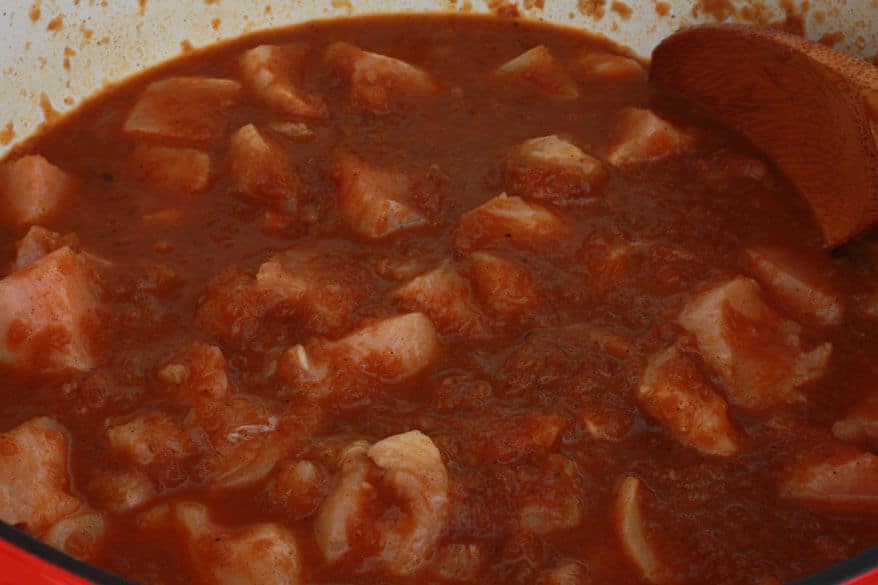
In the meantime, boil the eggs. Once the eggs have cooled enough to handle, peel and pierce them all over with a fork, about 1/4 inch deep, to allow the sauce to penetrate.
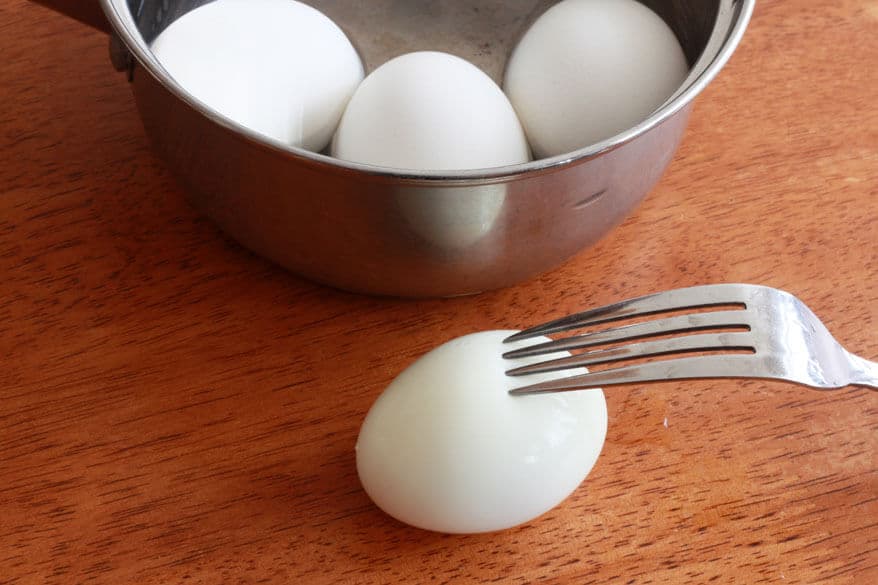
After 45 minutes you’ll have a rich, luscious spicy chicken stew ready for the eggs!
Add the eggs and continue to simmer, covered, over low heat for 15 minutes, stirring occasionally. Adjust the seasonings according to taste. Add more berbere according to heat preference.
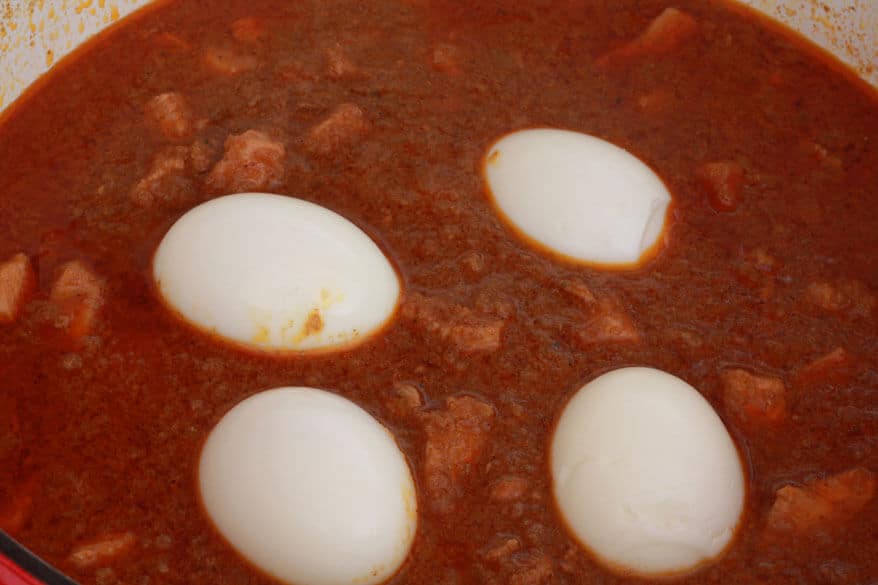

Serve with Authentic Injera (Ethiopian Flatbread).
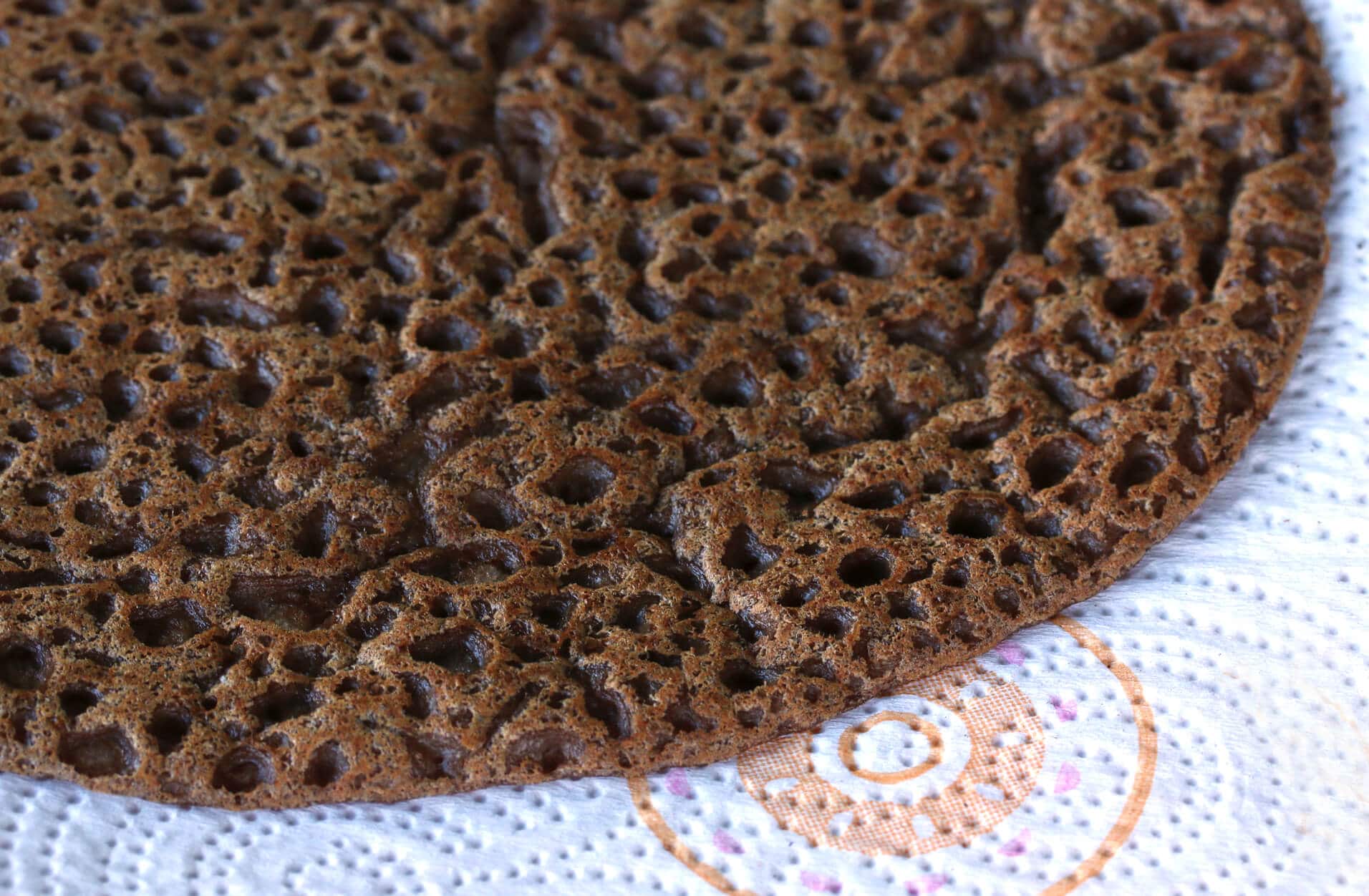
Be sure to also try our authentic Sega Wat, the famous and incredibly delicious Ethiopian spicy beef stew!
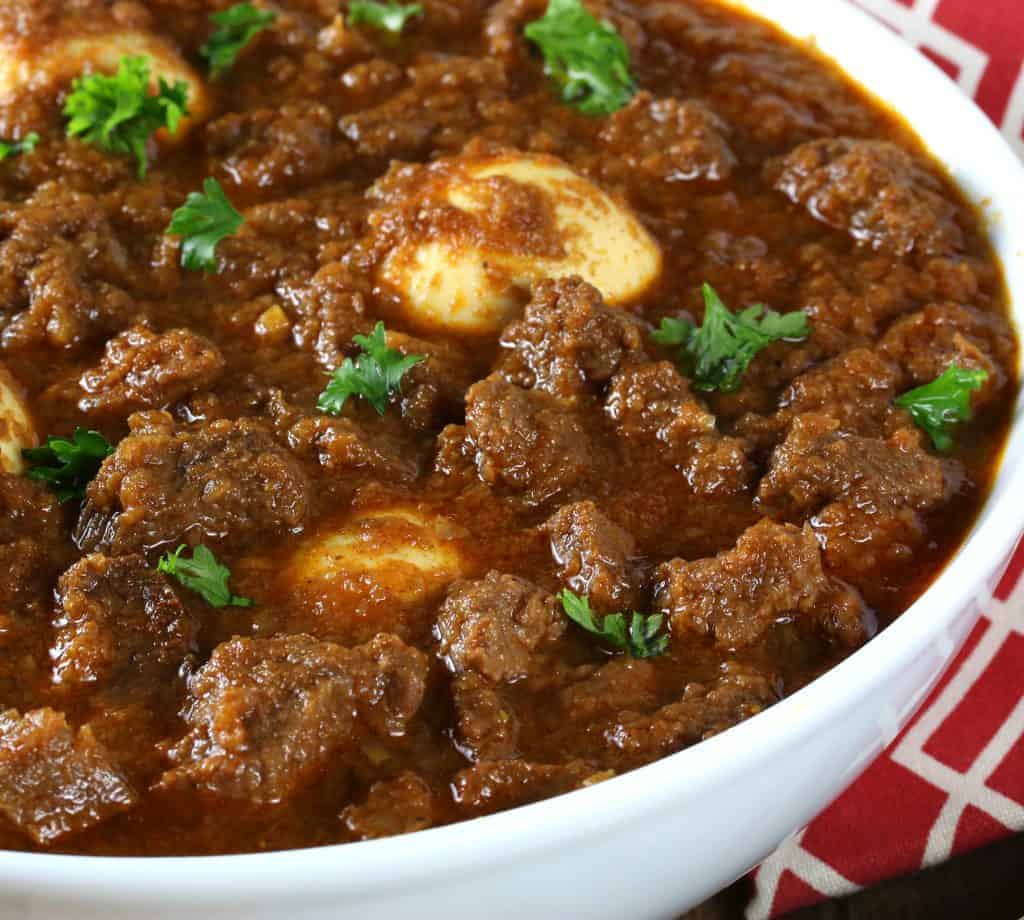
Lastly, for an authentic Ethiopian side dish to serve with your doro wat, try our Gomen (Ethiopian Collard Greens)!
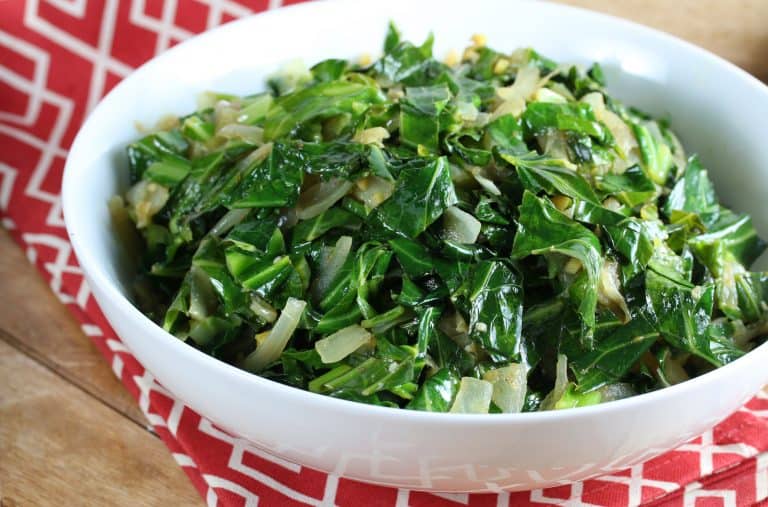
Save This Recipe
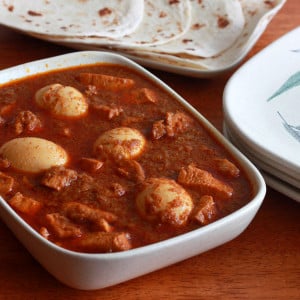
Doro Wat (Ethiopian Spiced Chicken)
Equipment
Ingredients
- 3 lbs chicken thighs , cut into 1 inch pieces, or 3 chicken breasts, cut into 1/2 inch pieces
- 2 tablespoons fresh lemon juice
- 2 tablespoons niter kibbeh
- 2 tablespoons extra virgin olive oil
- 3 cups chopped yellow onions
- 3 tablespoons butter
- 1 tablespoon finely minced garlic
- 1 tablespoon finely minced ginger
- 1/4 cup Ethiopian berbere
- or use HOMEMADE BERBERE (HIGHLY recommended!)
- 1 1/2 teaspoons salt
- 1/2 cup Tej (Ethiopian honey wine) (alternatively you can substitute white wine mixed with 1 teaspoon honey)
- 1 cup chicken stock
- 4 hard-boiled eggs , pierced all over with fork about 1/4 inch deep
Instructions
- Place the onions in a food processor and finely mince them to a chunky puree. Set aside.Place the chicken pieces in a bowl and pour lemon juice over. Let sit at room temperature for at least 30 minutes.
- Heat the niter kibbeh or butter along with the olive oil in a Dutch oven or heavy pot. Add the onions and saute, covered, over low heat for 45 minutes, stirring occasionally.Add the garlic, ginger, and 1 tablespoon butter and continue to saute, covered, for another 20 minutes, stirring occasionally. Add the berbere and the 2 remaining tablespoons of butter and saute, covered, over low heat for another 30 minutes, stirring occasionally.Add the chicken, broth, salt and wine and bring to a boil. Reduce the heat to low, cover, and simmer for 45 minutes, stirring occasionally.Adjust the seasonings, adding more berbere according to heat preference. Add the boiled eggs and simmer on low heat, covered, for another 15 minutes.
- Half or quarter the eggs and arrange on the plates with the stew. Serve hot with injera, bread or rice.
Nutrition
Originally published on The Daring Gourmet August 27, 2013



















Hi! If I would prefer to use whole bone in skin on chicken thighs should I cook it for longer? Or would you recommend just dicing it and taking the bone off? Thanks!
Hi Daniela, bone-in chicken thighs is perfectly fine. 45-60 minutes should be long enough to cook it. I’d check it after 45 minutes and you can give it a little longer if need be. Happy cooking!
Thanks for posting this! I think there might be something off with your nutritional calculations; the one egg per person alone would give you 6 grams of protein and I’m estimating the chicken at least 9 grams or more.
So the recipe says it takes time. It also says you can make it quick but it does not taste as good.
The first comment is how somebody made it within 30 minutes!
Great looking recipe! Instructions are clear and easy to follow. I have only one questiion – Is the niter kibbeh absolutely necessary?
If so, is there anything I can use instead? I can’t use butter with chicken for religious reasons.
Hi John, the niter kibbeh definitely enhances the flavor but no, it’s not necessary. Add a little extra of the spices called for in the recipe and it will still be fantastic. Happy cooking!
John, you can make niter kibbeh with canola or olive oil, just cook for 20 minutes and strain. Good Luck!
You can buy Niter Kibbeh on Amazon flavoreds with Tumeric and Ginger and add some other spices. Made a huge difference and came out great.
This is absolutely my favorite Doro Wat recipe! It comes out great every time and fills the house with wonderful smells.
Have you ever tried making wat in an Instant Pot? I’ve tried a a recipe today and while it was good and done it 30 minutes (!!), it wasn’t quite as good as this one. I’m going to experiment with it, but if that is something you’ve already done, I’d love to hear about it.
Fantastic, Byron, thanks so much! I haven’t made this in the IP but if you give it a try please let us know how it goes!
This is a wonderful recipe and resulted in some of the best Doro Wot that I’ve ever had, including restaurants.
HOWEVER, I really implore people to be aware of how spicy your berbere is before using the amounts listed. I had a new package of berbere on hand and WOW, it was SPICY. I could eat the dish but my son who isn’t quite as tolerant of eating spicy food could not eat it at all. My lips were on fire and I was profusely sweating. One bonus was that I ate less, haha.
What I’ve done is made my own berbere but without any chili and I use half pre-made, super-spicy berbere and the mix that I made. I still want the flavor of the spices but want to cut down on the heat and I don’t want to waste the mix that I already have.
I’m so glad you enjoyed this, Jenn, thank you! Yes, there’s a link to our homemade berbere in this recipe and I highly recommend making your own because not only are the flavors of the spices far fresher and vibrant, you can also control the heat!
Made this today and it turned out excellent! I followed your measurements precisely, and although mine didn’t turn out as red in color, the flavor was amazing. I did substitute cubed up potatoes in place of the eggs (1 whole lg russet potato’s worth) and included them 15 min before completion so they didn’t get too mushy. Great job, thank you :)
Wonderful, Ryan, I’m so glad you enjoyed it, thank you!
I did the shortened version before but this time, followed the recipe exactly. Took a long time but worth it as the flavor profile was much deeper. I bought berbere from our African store and hubby went to buy injera (we live by at least 2 Ethiopian restaurants within walking distance). I made kik Alicha and Gomen and we all loved it. Why not eat at our local places? We love them but soooo heavy. We got a little sick from the richness so with your recipe I was able to cut the butter and use some olive oil. Absolutely delicious!!! Thank you! Next endeavor- injera!
I’m so glad you enjoyed it, Judy, and appreciate the feedback, thank you!
I love this recipe! I initially made saga wat, but the meat ended up being too tough and it was much too spicy for my Western palate. I tried this recipe with some minor tweaks and it quickly became a staple! I put in half the Berbere and did not add the wine as I didn’t have any around. Additionally, I keep kosher, so I skipped the injera and added a couple of drops of olive oil instead (I don’t eat dairy and meat product together). While I’m sure I missed out on the unique and rich flavor of the injera, I used chicken thighs and let it cook for a very long time in hopes that the bones and skin would mimic the umami-type flavor that was missing. It keeps in the fridge nicely and I enjoy it very much! Thank you for the wonderful recipe!
That’s wonderful, Judy, I’m so glad you enjoyed it and were able to make those adjustments – thank you!